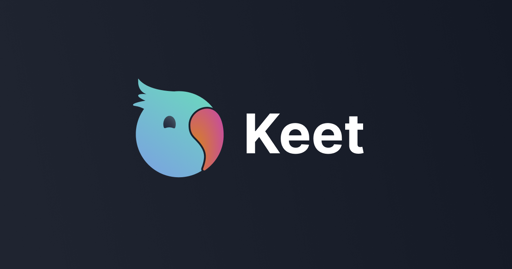- cross-posted to:
- [email protected]
- cross-posted to:
- [email protected]
I recently stumbled upon Keet, which is a peer to peer messaging app with video calls and file sharing.
This app has a lot going for it:
- The user experience is really good
Free and open sourceEDIT: the UI of Keet in closed atm, but the underlying P2P building blocks are open- Privacy friendly (no datacentre, server or middleman between you and the people you are talking to)
- Better quality since there’s no throttling of traffic
- No file size limit
I’m baffled that this app seems like a well kept secret, so I just wanted to share it with you guys.
To me, peer to peer technology seems really interesting because it addresses the root cause of many of the harms that plagues the modern day internet: surveillance, platform silos, the market dominance of multi-national tech-conglomerates, energy usage of datacentres, etc.
What do you think? Can P2P be the solution to these problems?



I dunno. P2P traffic always seems to overburden light users and it would indeed require the apps to always run in the background to relay the traffic. Although the idea seems compelling I wouldn’t install the software on a machine of mine.
I’m testing syncing, notification and battery usage now on a few devices to see how it behaves. So far, so good. It also lets you specify which type of user you are inviting, so that admins does the heavy lifting
I’m not sure I understand this, tbh. Does that mean the P2P network works on a chat group basis? Or does the user explicitly choose who to build a P2P network with? And then, there are lots of follow up questions already looking around the corner.
Their website seems to explain very little and the app itself is closed source. Although there are open source dependencies, it’s for instance unclear whether they are complete. So I guess it’ll all come down to trust into the software and the company. Btw. their privacy statement allows the usage of aggregate data for marketing purposes and the sharing of data with third parties, such as search engines. And latest at that point I’d rather self-host a matrix instance.